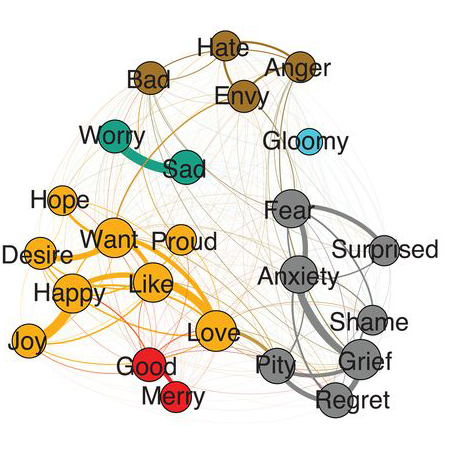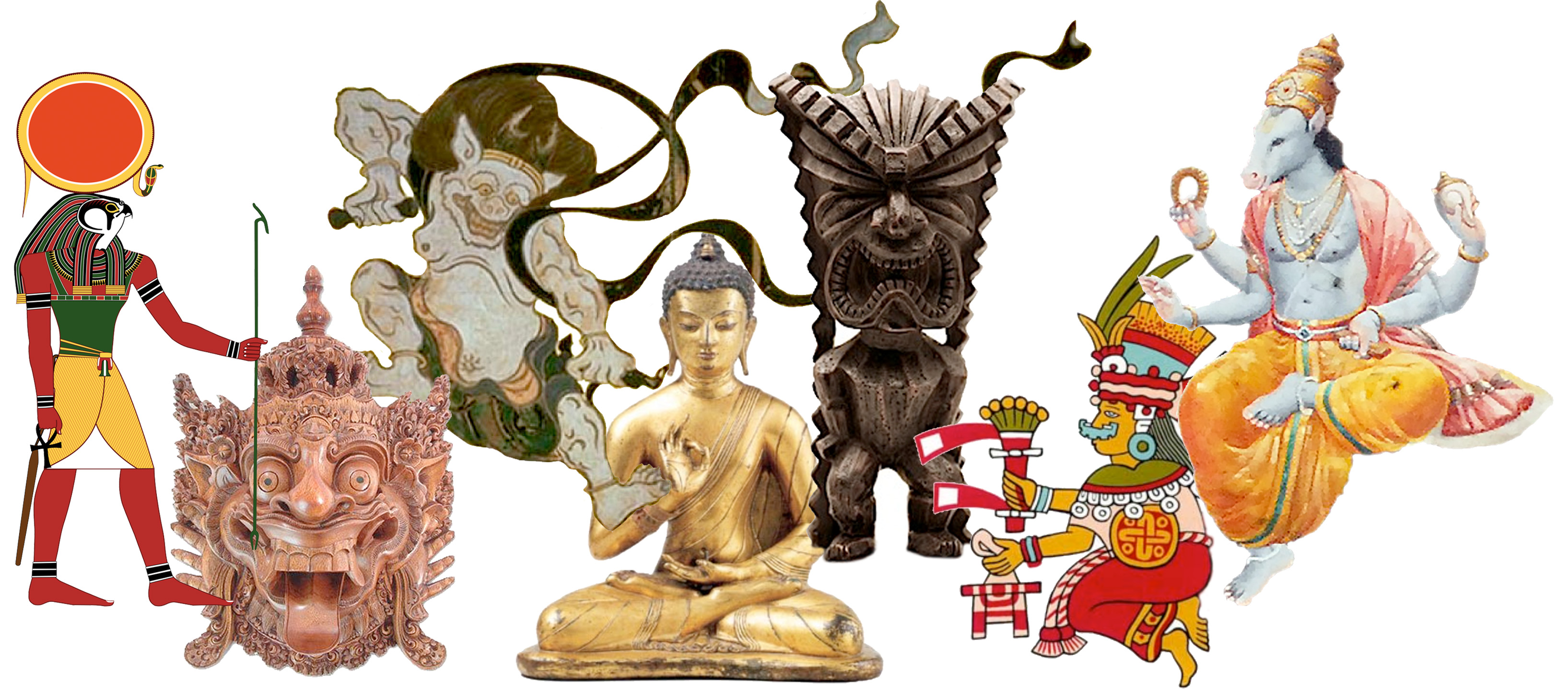Humans are a particularly odd ape. We choose clothes based on arbitrary fashions; we perform elaborate rituals with opaque causal mechanisms, and we travel into outer space. Underlying this oddity is the human capacity for culture.
As a researcher, I study mentalising and religion from a cultural evolutionary perspective.
Mentalising

Colexification of emotion concepts across languages
People have an exceptional capacity to infer mental states such as beliefs, emotions, intentions, and desires. This capacity, known as mentalising or theory of mind, is widely regarded as providing the foundations of human social learning, empathy, cooperation, and communication.
I am interested in understanding how cultural and biological processes interact to shape the way people think about, express and communicate mental states. I am currently building a cross-linguistic database of mental state vocabulary named LexiCog.
Examples of research outputs:
Religion

Religious systems show variation between groups, they are transmitted and modified over generations, and they differ in their ability to gain and retain members. In other words, religions show the key properties of an evolutionary system. The evolution of religion provides ideal subject matter for building and testing theories about the evolutionary dynamics of human culture, cognition and behaviour.
I specialise in building large-scale cross-cultural databases and using phylogenetic comparative methods to model cultural macroevolution. I led the construction of the Pulotu database of Pacific religions and the Hunter-gatherer Religion Database. These are quantitative, cross-cultural databases built from ethnographic records. By combining these databases with newly developed phylogenetic comparative methods I have tested high profile hypotheses about how supernatural beliefs co-evolve with socio-political structures.
Examples of research outputs: